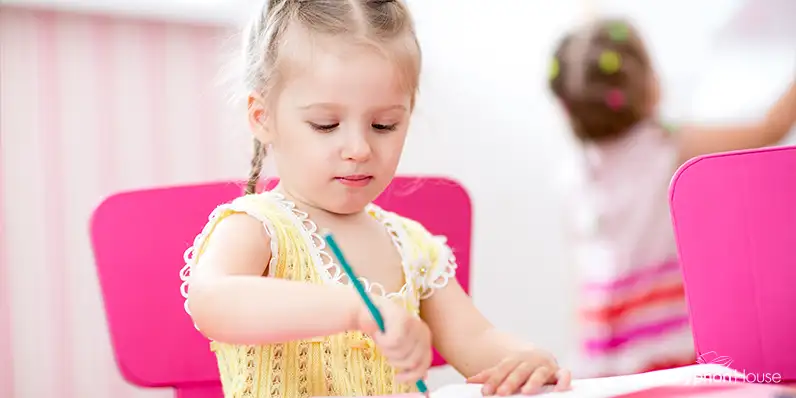Reading to babies is a very important step in their early brain development. Parents and educators teaching reading to children of all ages should consider how early reading impacts other developmental stages and that methods such as reading games are extremely beneficial to the growth of their learners.
Reading to babies is a very important step in their early brain development. Parents and educators teaching reading to children of all ages should consider how early reading impacts other developmental stages and that methods such as reading games are extremely beneficial to the growth of their learners.
Gryphon House author Pam Schiller notes how “the crucial first years of life lay a foundation for reading skills in later years.” She also states “there is no absolute timetable for learning to read…according to many experts, providing rich experiences for brain development and then leaving children to their own unique timetable is the best practice.”
Reading games help provide children with “multiple and repetitive opportunities to play with language” before they master reading. Rhyming, singing, looking for patterns, and matching sounds with symbols are all examples of reading games children of all ages can use to establish and develop their literacy skills. They also allow children to work on the social process that is literacy. From the time they are born onwards, children are constantly absorbing knowledge and developing that knowledge into specific skills. Literacy is as much about interaction with adults and other children as it is taking steps to learn to read. Reading games are the bridge between these sides of literacy.
Providing your learners with a fun way to pick up and develop skills while encouraging them to learn through praise and feedback will prove very beneficial to their personal growth over time. From babies to preschoolers, it’s never too early to teach reading and foster early reading in children.
Here are a few reading games to share with your early readers:
Recognizing Sight Words
Sight words are a tool we use to help us read more quickly. Having a repertoire of sight words is one of the core elements in learning to read successfully. For young children, they become motivators to keep trying to achieve the more difficult task of sounding out letters to read an unfamiliar word.
Sight Word Games
- Word Bank - Provide each child with several index cards. You can keep cards in a shoebox or punch a hole in the top left-hand corner and hold the cards together with a ring clasp. Encourage the children to keep a running tab of all the words they are able to recognize by sight.
- Journal Entries - Have children write new sight words they learn in their journal each day.
- Alphabet Words - Have children match their word bank words to the letter of the alphabet they begin with. Talk about the sound of the beginning letter. This activity helps the children begin to bridge between sight words and words that they will sound out.
- Environmental Print - Make puzzles and concentration games from box fronts and can labels.

